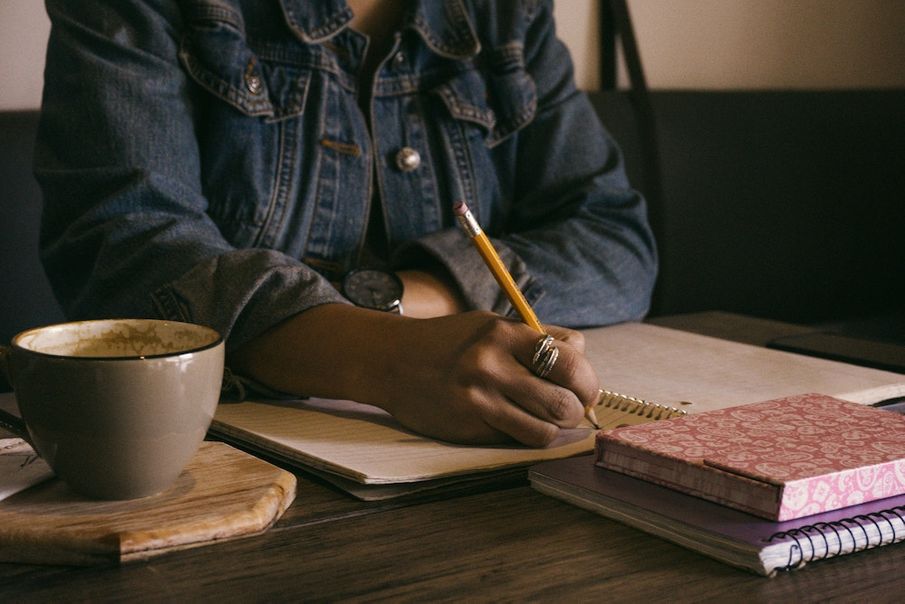In 2020, rediscover the impact of putting pen to paper when it comes to finding your focus, and reconnecting with your time
I love documenting my life online. I share my highs and lows on Instagram, write at length on my blog, and even squeeze in a few sarcastic tweets from time to time. I love scrolling through old photos, and I haven’t even ordered prints of my own wedding day, happy in the knowledge that I can access them all at the click of a button on Facebook. But there’s one aspect of the digital paper trail that I refuse to get on board with – online calendars.
This polarising topic is one that I will not budge on. I absolutely, obsessively, unequivocally, must use a paper diary to plan my schedule. There’s no other way I can function as a human. If my diary becomes lost or stolen (heaven forbid) I can only assume that I will spontaneously combust. It’s that important to me.
I know what the haters are thinking: ‘You can’t store a paper diary on your phone, you can’t synchronise schedules with other users, you can’t get automated birthday reminders, you can’t create a back-up on the cloud.’ These are all admirable benefits that the humble paper diary can’t compete with, but hear me out. A paper diary is imperative to my mental stability, and here’s why I think you should give it a try too...
It helps with imposter syndrome
One of the best ways to shake off the fear that I’m not qualified to do something scary (like public speaking or attending an event on my own) is to flick through my diary and remember all the times that I’ve done it in the past. My tattered old diaries have become ageing artefacts that document my growth as a person. I can trace them back and relive all the hurdles I’ve overcome, giving me the confidence to go out and take on the world.

It forces me offline
I find myself consumed with the online world, so much so that I barely look away from my screen between the hours of nine and five, unless it’s to drink a coffee or take a selfie. But every Friday afternoon I close my laptop, go to my favourite cafe, line up my multicoloured highlighters, and plan out the week ahead. Having my own personal little happy hour to be creative is just the tonic for digital fatigue. It gives me a healthy dose of perspective, simply by sitting and experiencing the offline world.
It encourages good habits
We all know that scheduling in self-care makes it more likely to happen, but did you know that the act of writing activities down increases this even further? Neuroscience has proven that writing your goals out by hand wields significantly better results than typing them on a keyboard. I’m currently writing a book which means I need to work on it every day. I’ve written the phrase ‘write for 60 minutes’ more than 100 times in my diary this year, and I’m certain it’s contributed to me reaching my goal without too much difficulty. Copying and pasting that phrase into an online calendar just isn’t the same.
It gives me data to reflect on
Mood tracking is a great way to look at your mental health analytically, but you need data in order to identify triggers and solutions. Because I write everything in my diary, I’ve inadvertently been collating months of helpful information. I can reflect on a depressive episode and pinpoint that it was triggered by overspending on a night out, or attribute a positive few days to an early morning yoga class.
It reduces stress
Writing out your plan for the week can help you to feel more in control. Assigning each task a time slot breaks a never-ending to-do list into manageable chunks. With a diary, you can manipulate your schedule to make the most of your natural energy levels, so you can make that scary phone call when you’re feeling brave. And don’t underestimate the therapeutic power of creating blank space in your diary, too – emptiness offers flexibility and room for spontaneity!


Comments